What’s the secret to a successful podcast?
While there’s no magic formula for a successful podcast there are a few key things you need to do if you want your podcast to be referred to as “must listen” rather than “must avoid.”
Think about your listeners
If you want an audience to connect with your podcast you need to think about them when putting your content together.
That often means leaving your ego at the door and making sure you’re making decisions based on what your listeners want to hear rather than what you want to say.
Your podcast has to be made with an audience in mind otherwise no one is going to listen to it.
Choose a niche
This is often counterintuitive to new podcasters because it feels like trying to appeal to fewer people might limit your audience.
But when you’re trying to build an audience from scratch, trying to appeal to everyone means you’ll end up appealing to no one.
That’s because the broader your concept is, the harder it is to define and explain.
And when you’re trying to get new listeners on board you need an idea that’s easy to communicate and simple to understand.
If you’re already an established name in your field and people are seeking out your content this becomes less important because YOU are the niche.
For example, if Lady Gaga decided to do the Lady Gaga Podcast where she spoke about whatever came to mind that would still be guaranteed to generate an audience because people are interested in Lady Gaga.
If you don’t have an established reputation or audience, however, and people can’t tell if your idea is something they’d be interested in straight away, they’ll move on and find something else.
And when you’re starting out, you want to avoid that as much as possible.
Deliver your content consistently
If you want to reach the heights of podcasting glory you’re not going to get there by dropping an episode into people’s ears ‘whenever you can be bothered.’
If listeners like your content they’ll want to know when they can listen to a new episode and if you expect them to turn up regularly, you have to do the same.
Dropping an episode every week is a huge commitment so if that’s not doable think about breaking your podcast up into seasons.
That way you can let your audience know when you’re going to be back in their ears and use the breaks to get ahead of yourself and plan content for the next season.
Just remember that while seasons might be better for you, your audience will drop off when your show is on a break and it’ll be harder to build those numbers back up on the other side.
The best way to grow your audience is to drop episodes consistently over a long period of time.
Pay attention to the quality of your audio
Gone are the days when you could set up a mic in your echoey kitchen and people would tune in out of curiosity because there weren’t many other shows around.
Podcasting is a professional and very competitive industry, so you need to pay attention to how your podcast sounds and ensure you’re delivering the best quality audio possible.
That’s often as simple as moving to a different room or purchasing the right microphone.
But listening to crappy audio isn’t a great experience for anyone and with so much choice out there if your show sounds bad people won’t stick with it.
Keep your audience engaged
If you’re on your own you need to think about how you’re communicating with your audience because the sign of a good podcast is when listeners feel like they’re being spoken to by a close friend.
To do this you need to think about how you’re presenting, always keep your listeners in mind and make sure you’re doing your best to connect with them.
If you’re podcasting with a co-host, conversational chemistry is often much easier to harness because you’re talking to another person but it’s also important not to forget about the people listening.
If you want to eventually monetise your podcast, run live events or ask your listeners to participate in your content they need to be invested in your show.
And that means they need to feel connected to whoever is behind the mic and that comes down to how engaged they are in you and your content.
Think creatively about how to deliver your content
When podcasts first started there was a belief that the only format was “two people sitting down talking for an hour.”
With so much flexibility in terms of what you can do in your show, there’s no excuse not to try and make it as interesting as possible.
If two people in front of a mic is the best way to deliver your content, great.
But the sky’s the limit in terms of what you can do so make the most of that freedom.
Put your audience at ease
No one wants to listen to someone who sounds like they’re working out where their podcast is going at the same time as their audience.
Sounding in control helps put your audience at ease which makes listening to your show an enjoyable experience.
People aren’t going to stick around if listening feels awkward or if they’re nervous for you so practice presenting and be as prepared as possible so you sound like a safe pair of hands.
Promote the crap out of it
Ain’t no one going to know about your podcast unless you tell them about it.
Promoting your show is an essential part of getting your podcast in front of new eyes and ears and one of the common mistakes podcasters make is they only share their show on the day it’s released.
If your show is evergreen i.e. the content doesn’t date, you can post about every episode multiple times a week for years.
If your content is topical i.e. it does date, you can still post the day of release, the day after, a few days after that and maybe at the end of the week as well.
Platforms like Instagram and Facebook are a little less forgiving than Twitter in terms of message frequency but don’t be afraid to share your show multiple times.
Your audience and new listeners probably won’t see your posts until you’ve sent them out for the 50th time.
The algorithm on different platforms also means even your followers don’t see everything you post.
So if you want to give your podcast the best chance of being found you have to make sure you’re telling everyone about it as much as you can.
Got a burning podcasting question you’d like answered? Send me an email.
Want to start your own podcast but need a little help? Download my “How To Start A Podcast” guide or sign up for my online podcasting course, PodSchool.



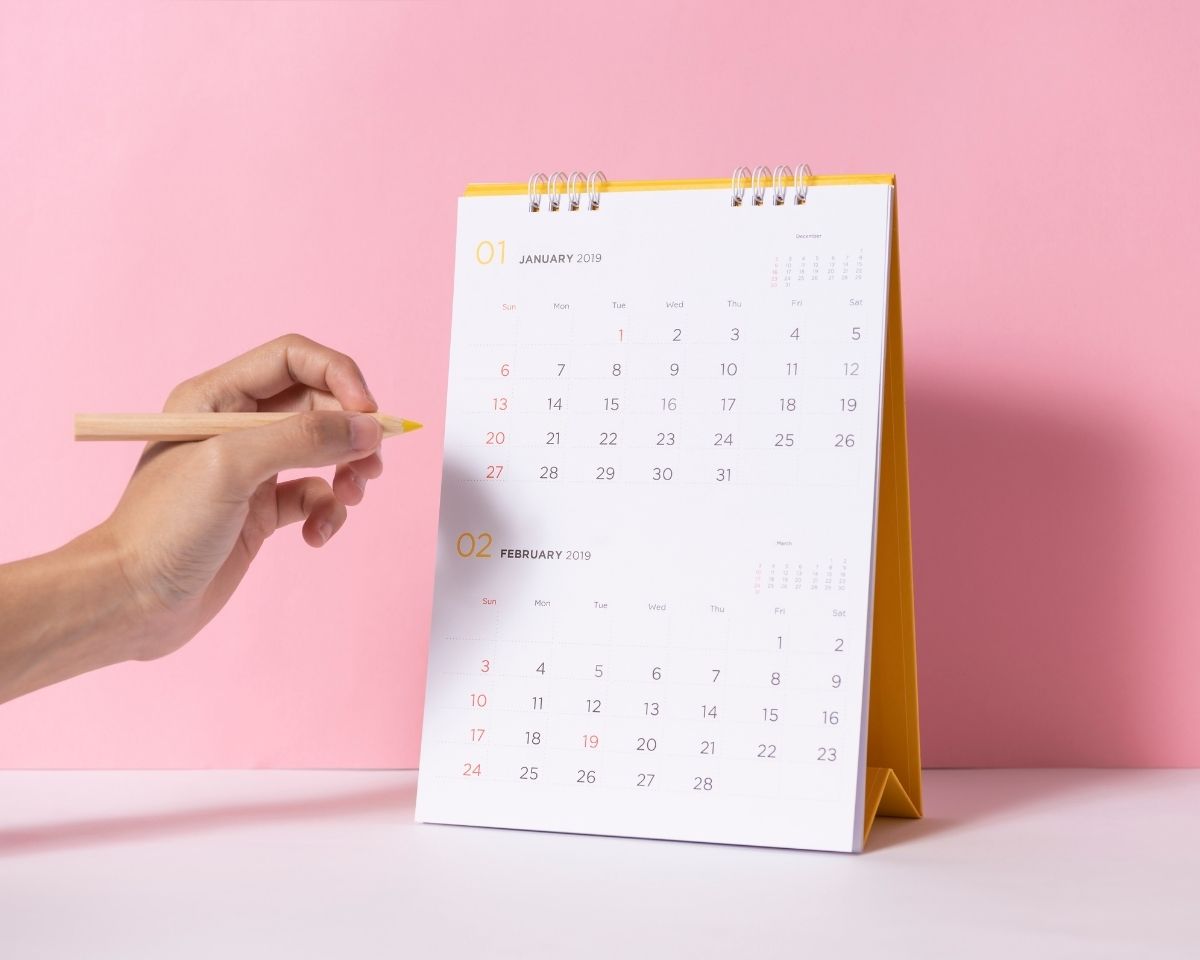
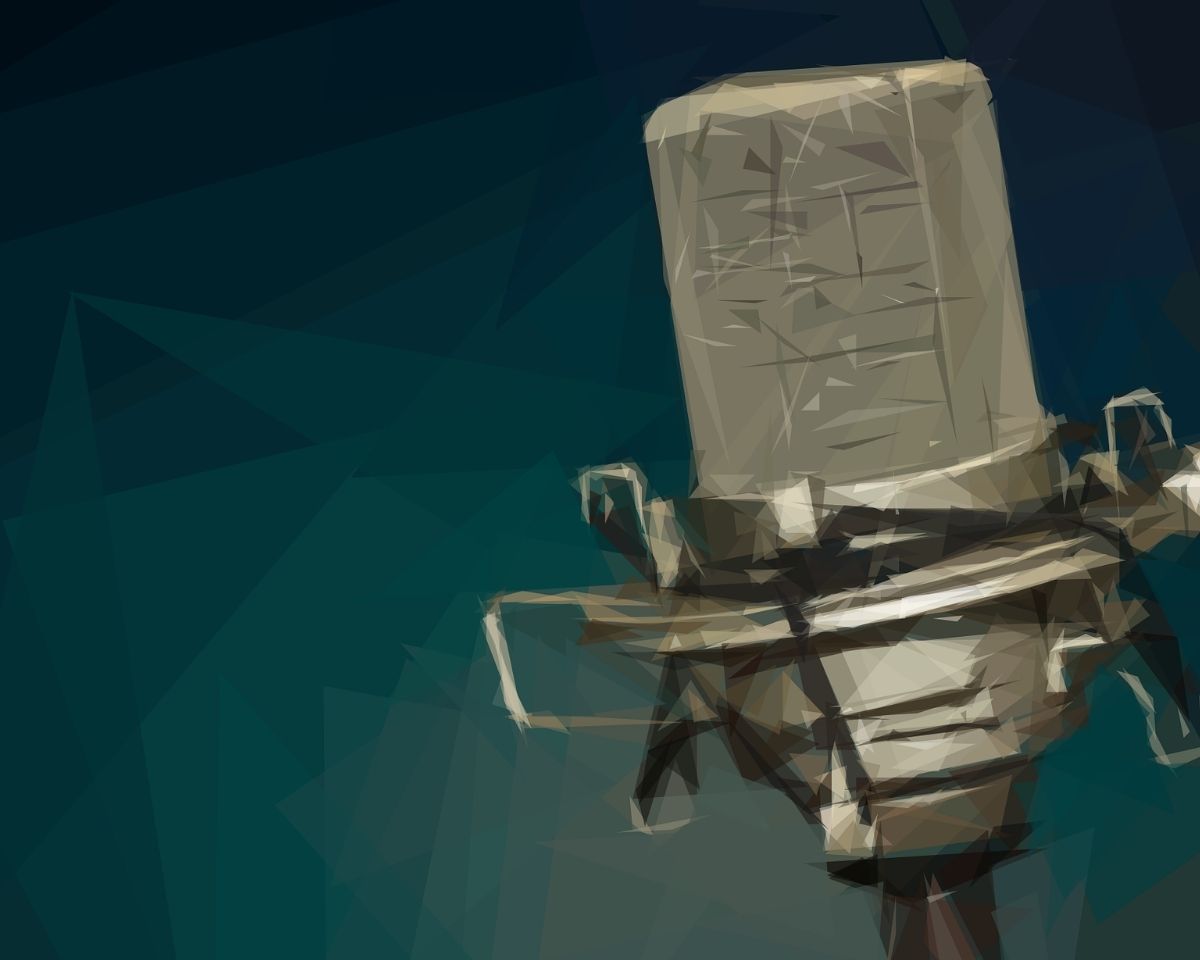
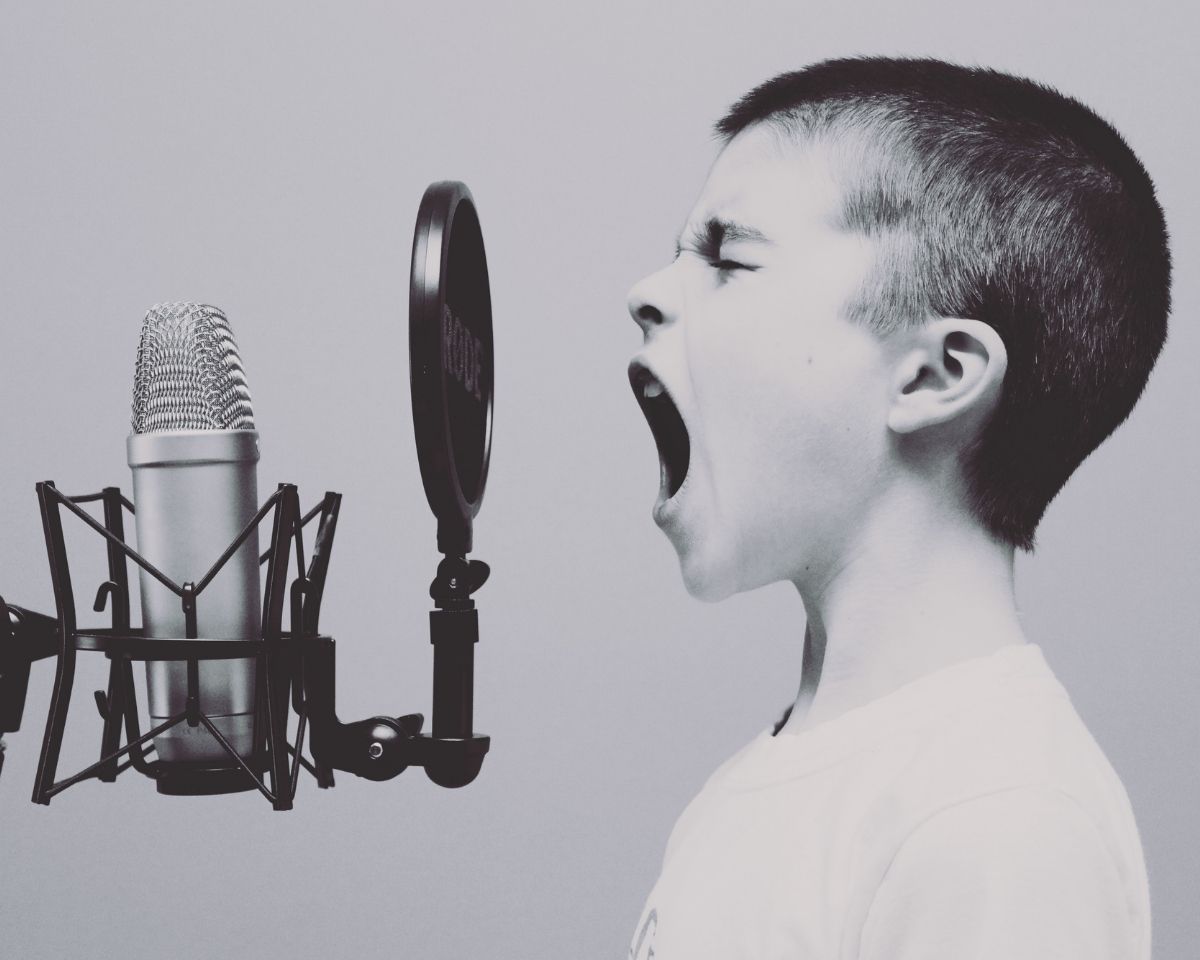

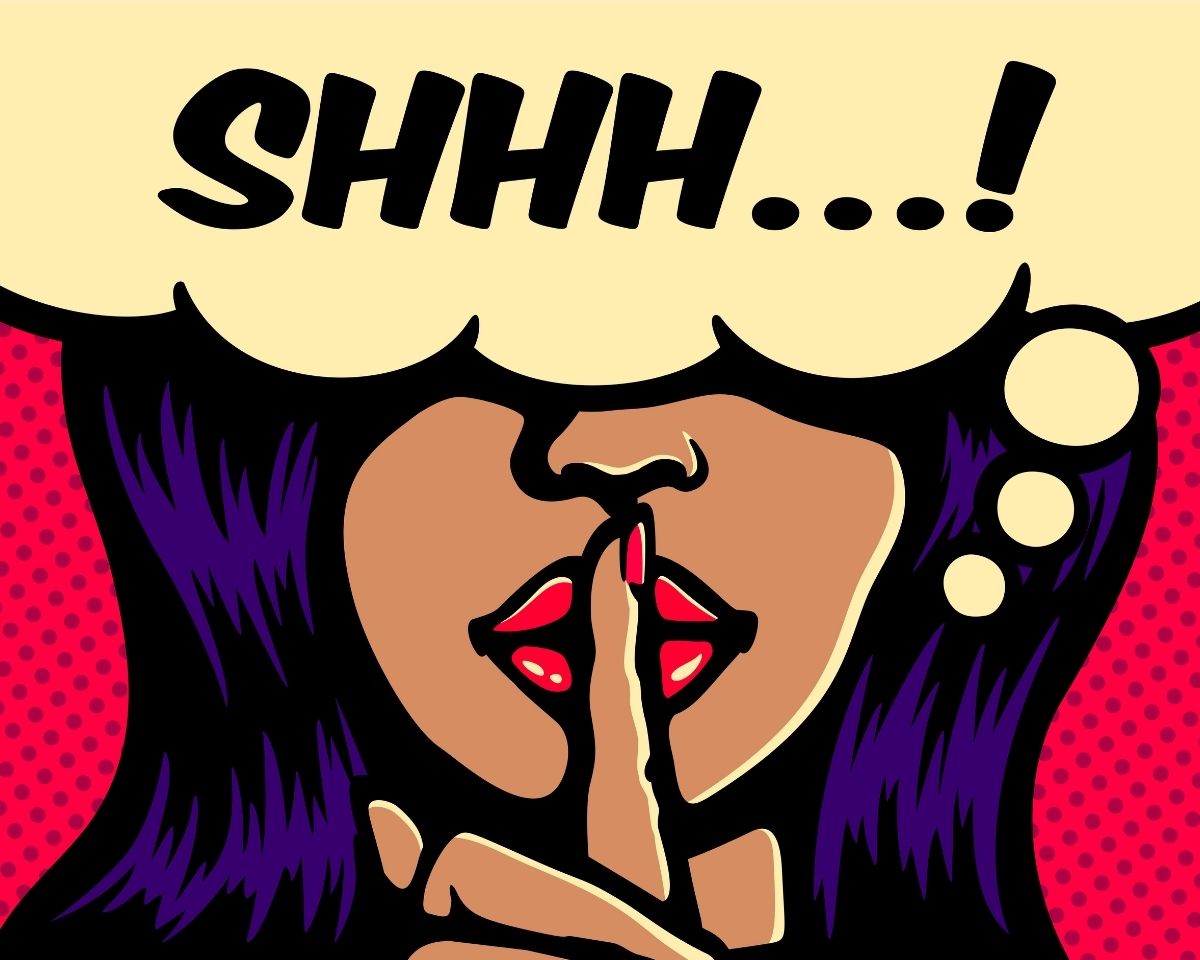



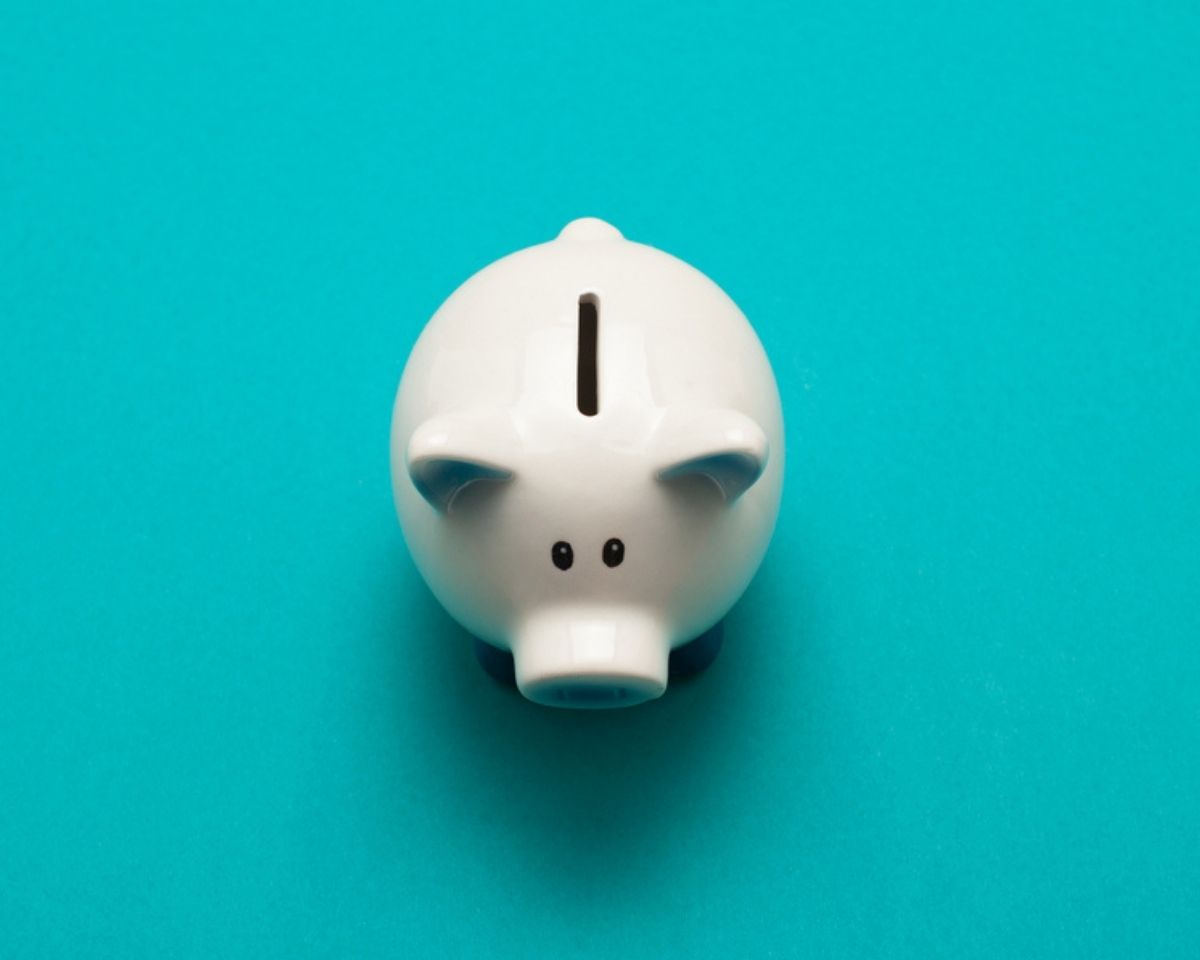
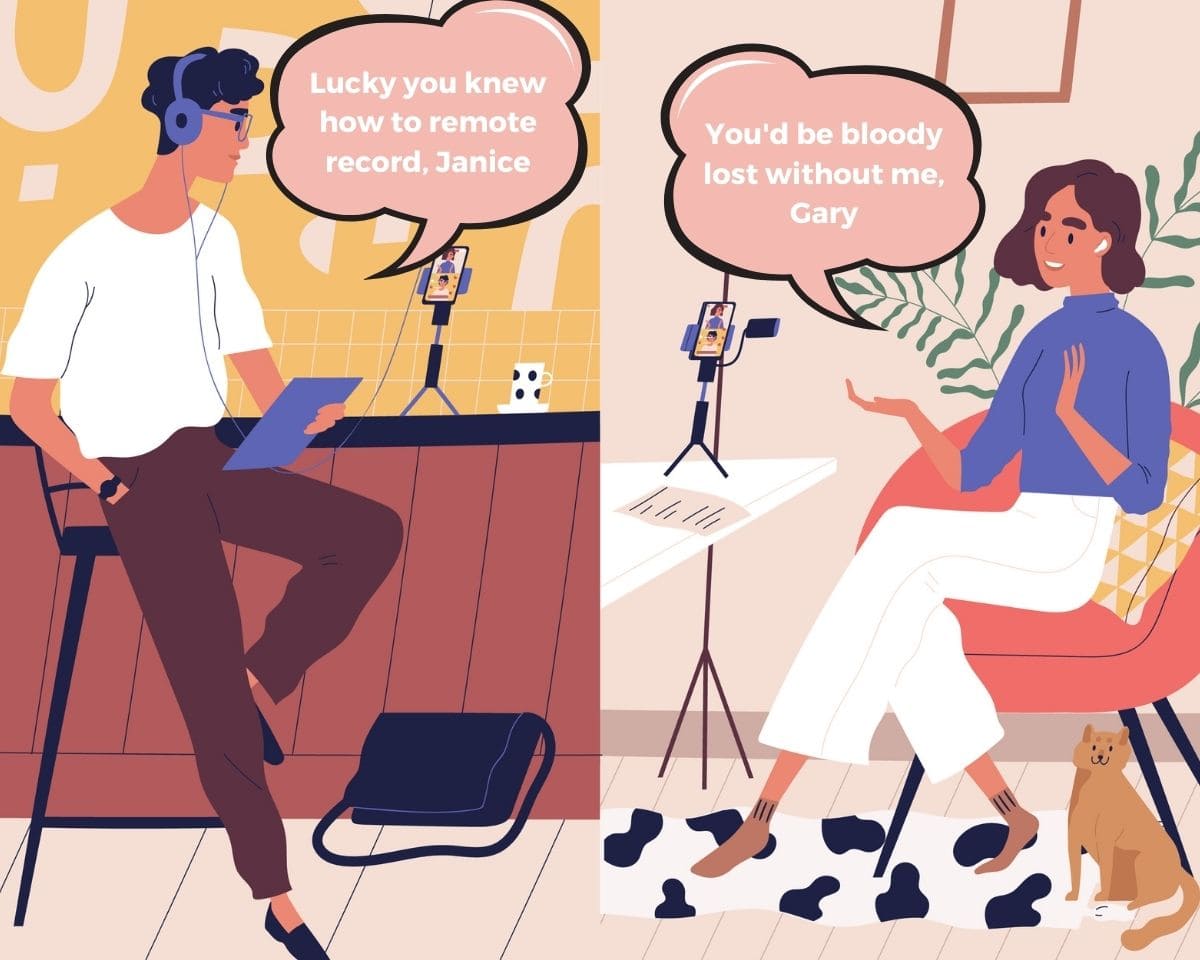



2 Responses
cool
nice!